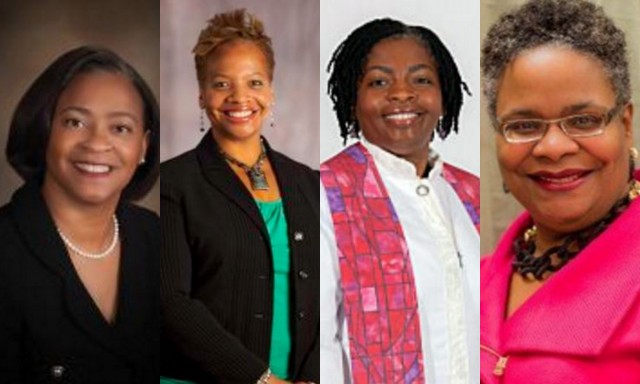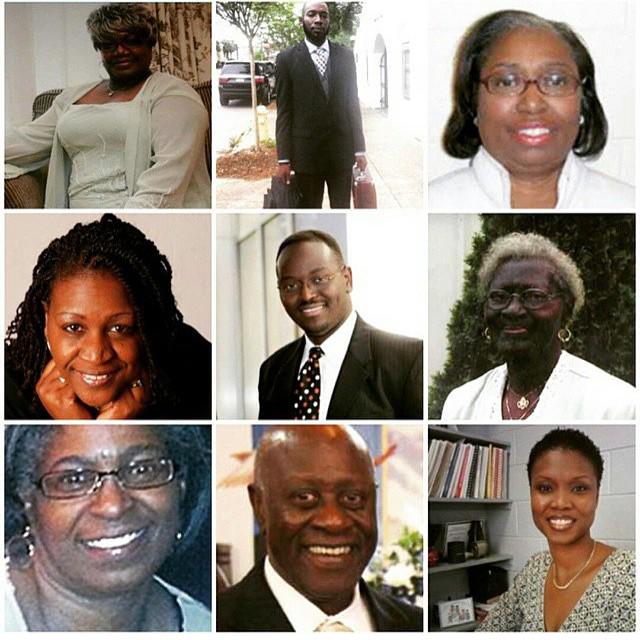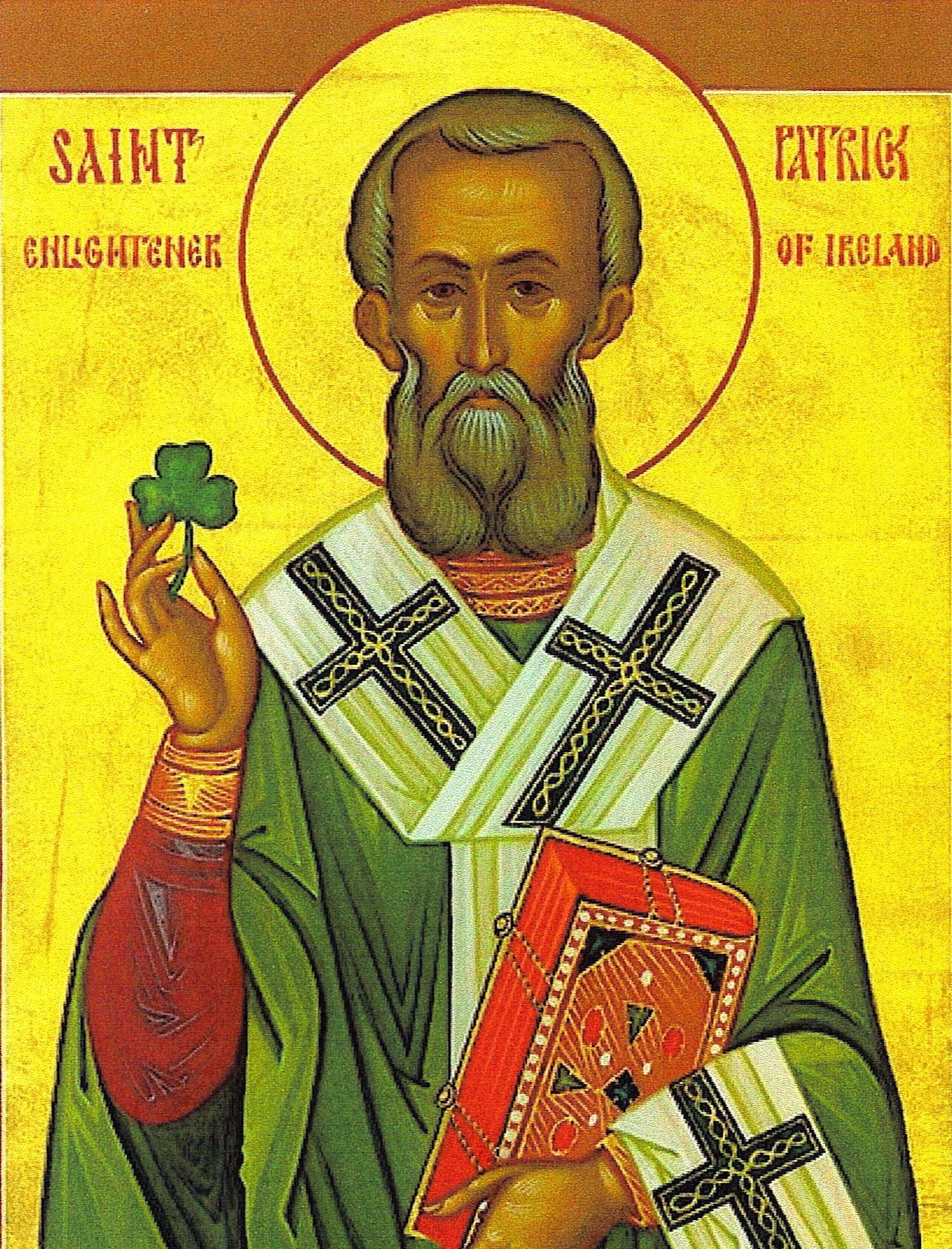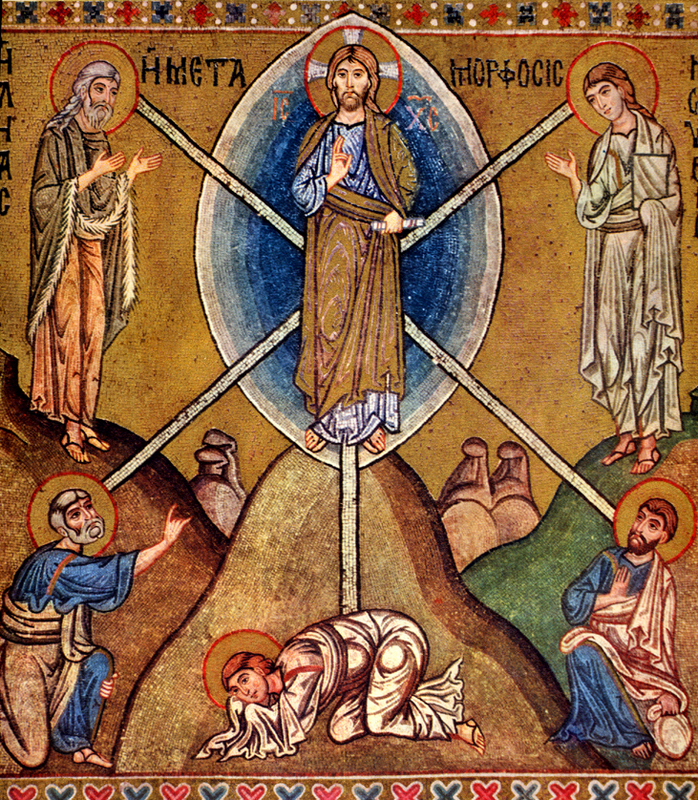
Tuesday, March 21
“The king of Egypt said to the Hebrew midwives, one of whom was named Shiphrah and the other Puah, ‘When you act as midwives to the Hebrew women, and see them on the birthstool, if it is a boy, kill him; but if it is a girl, she shall live.’ But the midwives feared God; they did not do as the king of Egypt commanded them, but they let the boys live. So the king of Egypt summoned the midwives and said to them, ‘Why have you done this, and allowed the boys to live?’ The midwives said to Pharaoh, ‘Because the Hebrew women are not like the Egyptian women; for they are vigorous and give birth before the midwife comes to them.’ So God dealt well with the midwives; and the people multiplied and became very strong. And because the midwives feared God, he gave them families” (Exodus 1:15-21).
When harsh servitude does not succeed in reducing the Hebrew population, Pharaoh decides upon a slow genocide. He enlists Shiphrah and Puah, the Hebrew midwives, in his obscene plot, ordering them to kill every Hebrew boy at birth. The midwives at first agree—but then, they disobey Pharaoh’s command because they “feared God” (Exodus 1:17; the first mention of God in this book). Pharaoh of course realizes this—there are still lots of Hebrew boys toddling about, after all—and calls the midwives in to explain themselves.
What follows is a masterpiece of subversion. Playing on Pharaoh’s racist beliefs and fears, Shiphrah and Puah tell him a lie he will be likely to believe: the Hebrew women, they say, aren’t delicate and civilized like Egyptian women; they are strong and vigorous, like animals, and give birth before we can arrive! Their plan works. Pharaoh does not give up on his genocidal designs; ultimately, he will enlist his entire population, ordering all Egyptians to drown Hebrew baby boys (Exodus 1:22). But for a while at least, the courage and ingenuity of Shiphrah and Puah have saved their people. Israel continues to prosper, even in bondage, and as for Shiphrah and Puah, the NRSV reads, “because the midwives feared God, he gave them families” (Exod 1:21). This, however, is far too weak a translation: the Hebrew says, literally, that God “made for them houses”—that is, he established them as clans. This passage claims that there were families in ancient Israel that traced their descent, not from a man, but from a woman: from Shiphrah or Puah.
Prayer: Thank you, Mother of us all, for strong and faithful women who have preserved your people through the ages: for Ruth and Esther, for Mary Magdalene and Priscilla, for Jarena Lee and Phoebe Palmer, for Marjorie Matthews and Leontine Kelly. Thank you for those we name in our hearts today, and for the many who go unnamed. Show us how we can stand alongside the women you are calling into ministry right now, holy God. Through Jesus the Christ, whose resurrection was witnessed by faithful women, Amen.
AFTERWORD: Pictured above are the four African-American women named as bishops in the United Methodist Church this year: Rev. Sharma Lewis (bishop in the Virginia Conference), Rev. Tracy Smith Malone (bishop of the East Ohio Conference), Rev. Cynthia Moore-Koikoi (MY bishop, in the Western Pennsylvania Conference), and Rev. LaTrelle Miller Easterling (bishop of the Baltimore-Washington Conference). Pray for these women called by God.









